Unveiling ADC Capabilities: ESP32 vs. Pico vs. Arduino Uno
Analog to Digital Converters (ADCs) are crucial components in microcontrollers, enabling the translation of analog signals into digital data for processing. A recent experiment sheds light on the comparative performance of ADCs in popular microcontrollers: ESP32, Raspberry Pi Pico, and Arduino Uno R3. This comparison offers valuable insights for developers and hobbyists alike, emphasizing the practical implications for projects and applications.
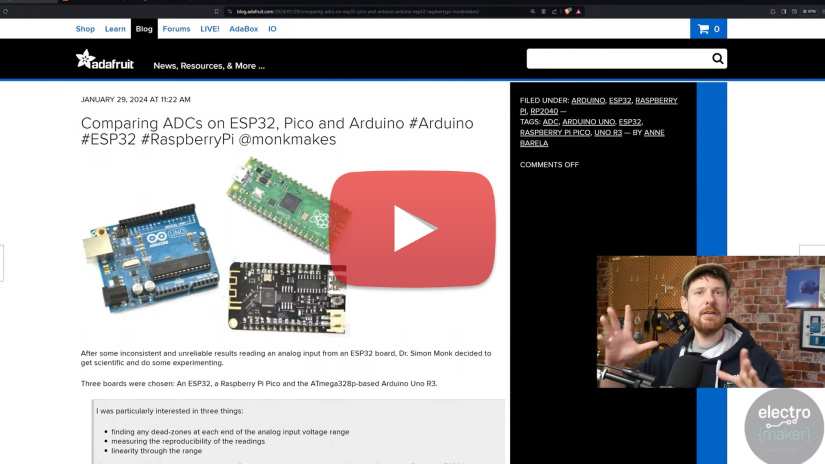
Watch Ian compare ADCs in this episode of The Electromaker Show
Understanding ADC Performance Across Platforms
The methodology employed in an experiment aimed at evaluating the reproducibility and linearity of ADCs across the three major platforms, involved the use of a power supply unit (PSU), resistor, and capacitor to ensure a stable power supply for the most accurate readings possible. The experiment gains additional significance through the contributions of Simon Monk, a renowned figure in electronics education. Monk's extensive work in the field, including various publications on Arduino programming, provides a rich context for understanding the practical implications of these findings.
Surprising Results and Their Implications
The outcomes of the ADC tests on ESP32, Raspberry Pi Pico, and Arduino Uno R3 were surprising, challenging preconceived notions about their performance. These findings underscore the value of direct experimentation in uncovering the nuanced capabilities and limitations of hardware. This knowledge is crucial for developers and hobbyists who prioritize precision in analog input handling, potentially influencing their choice of development boards for future projects. For an in-depth exploration of the results, visit Dr. Monk's blog.
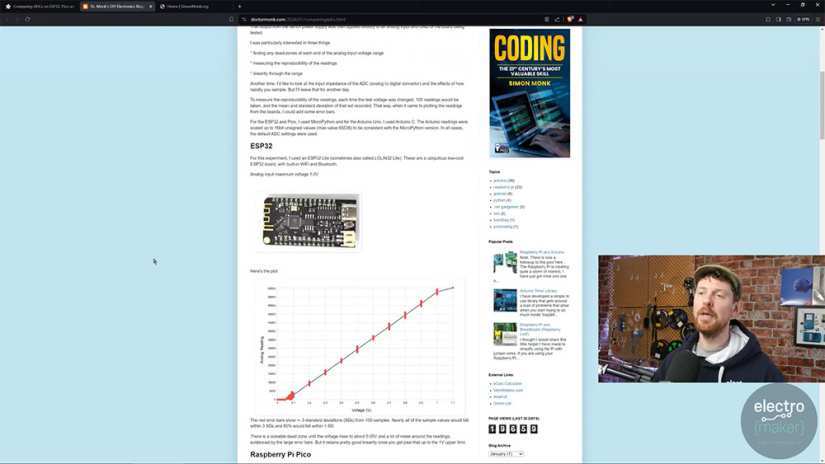
The Broader Impact on Electronics Projects
The quality of Analog to Digital Converters (ADCs) can significantly influence the design and execution of electronics projects, notably in areas such as music creation with microcontrollers. This experiment serves as a crucial reference point for choosing the right microcontroller, highlighting the importance of ADC performance in project outcomes. It suggests that ADC specifications should be a pivotal consideration in project planning, encouraging readers to delve deeper into the hardware's capabilities and limitations for more informed decisions in future endeavors.
Wrapping Up
The comparative study of ADCs across the ESP32, Raspberry Pi Pico, and Arduino Uno R3 underscores the critical role of hardware specifications in project success. By highlighting the differences in ADC performance, this analysis not only informs the selection of development boards but also enhances our understanding of their practical applications.
Did you enjoy this article?
Make sure you subscribe to The Electromaker Show for similar content and subscribe to our monthly newsletter!





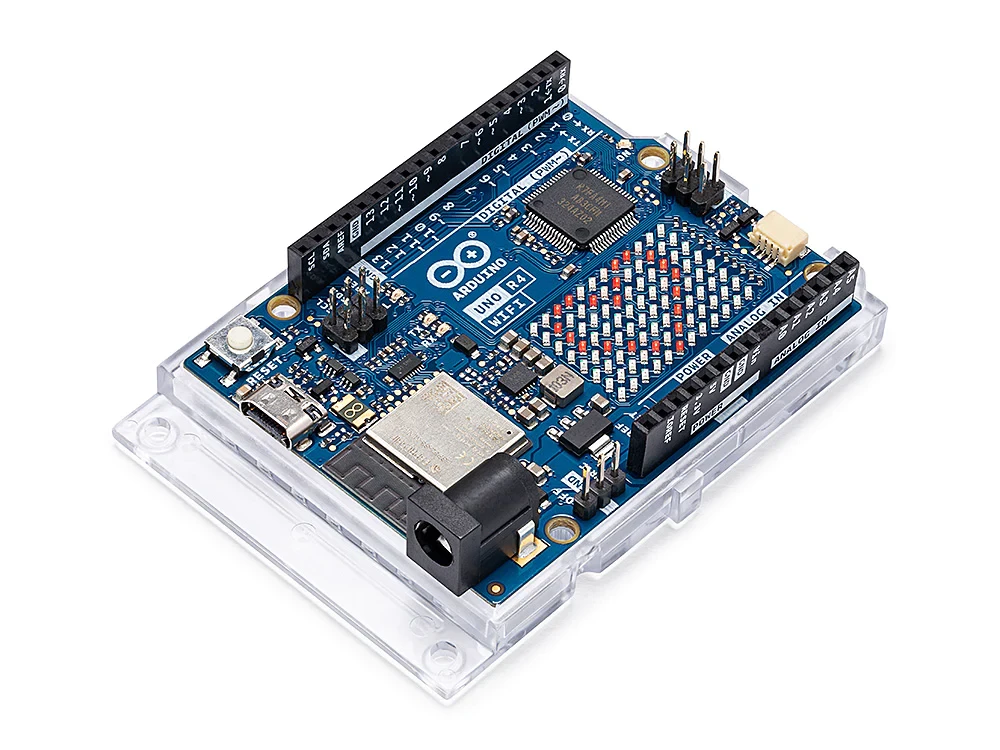
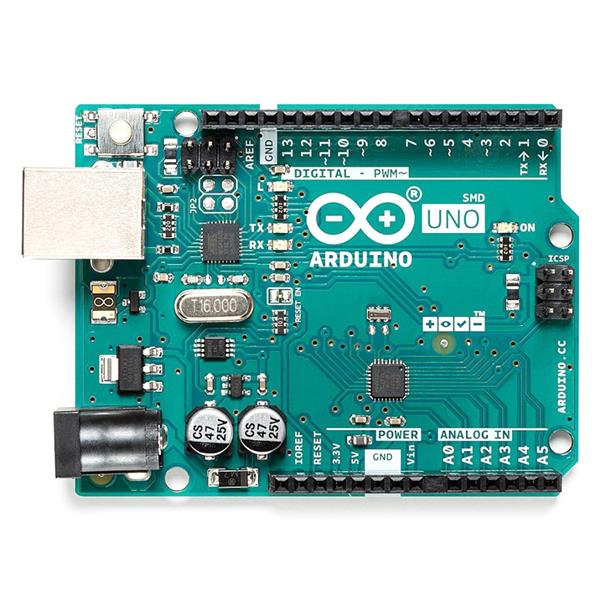

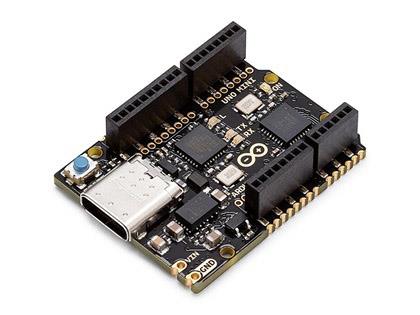



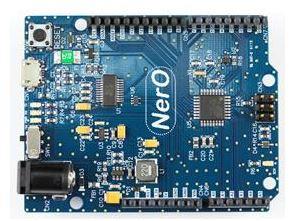
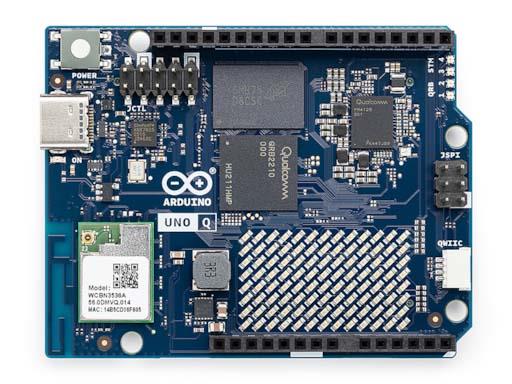

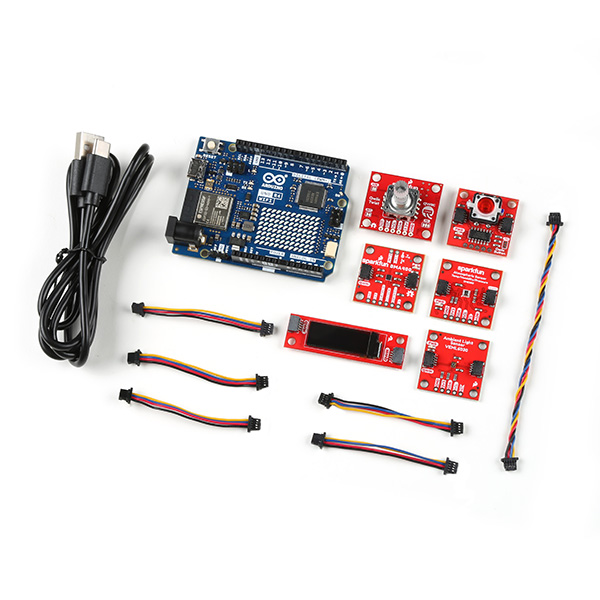
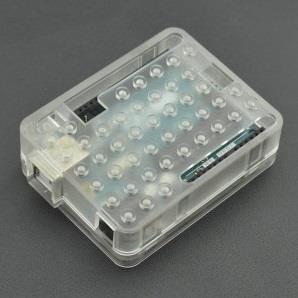
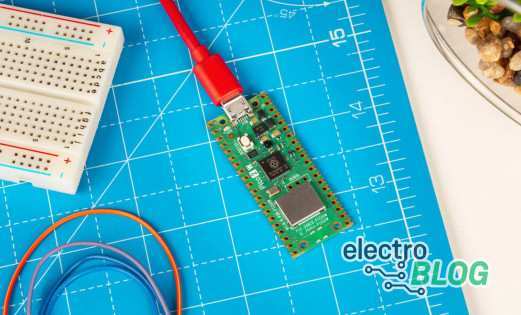
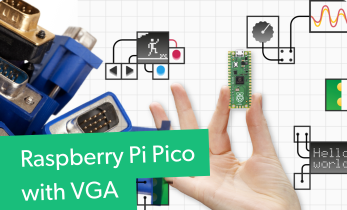
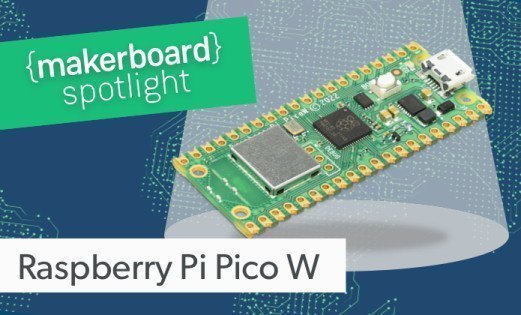
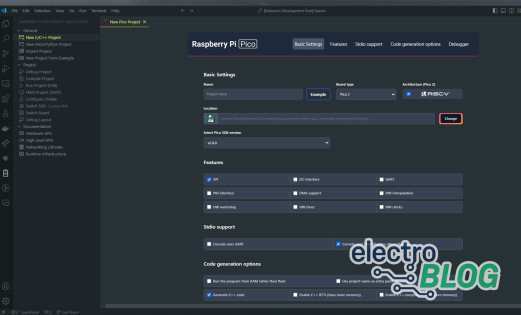
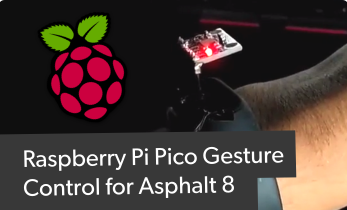

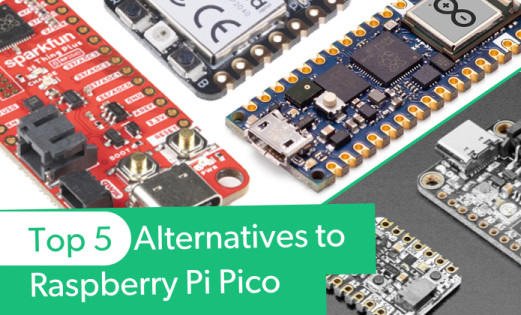


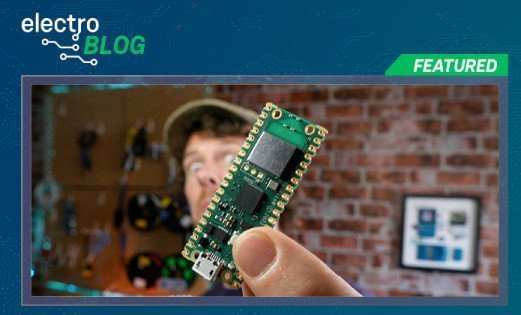



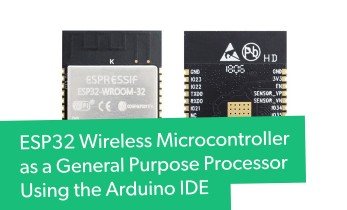


Leave your feedback...